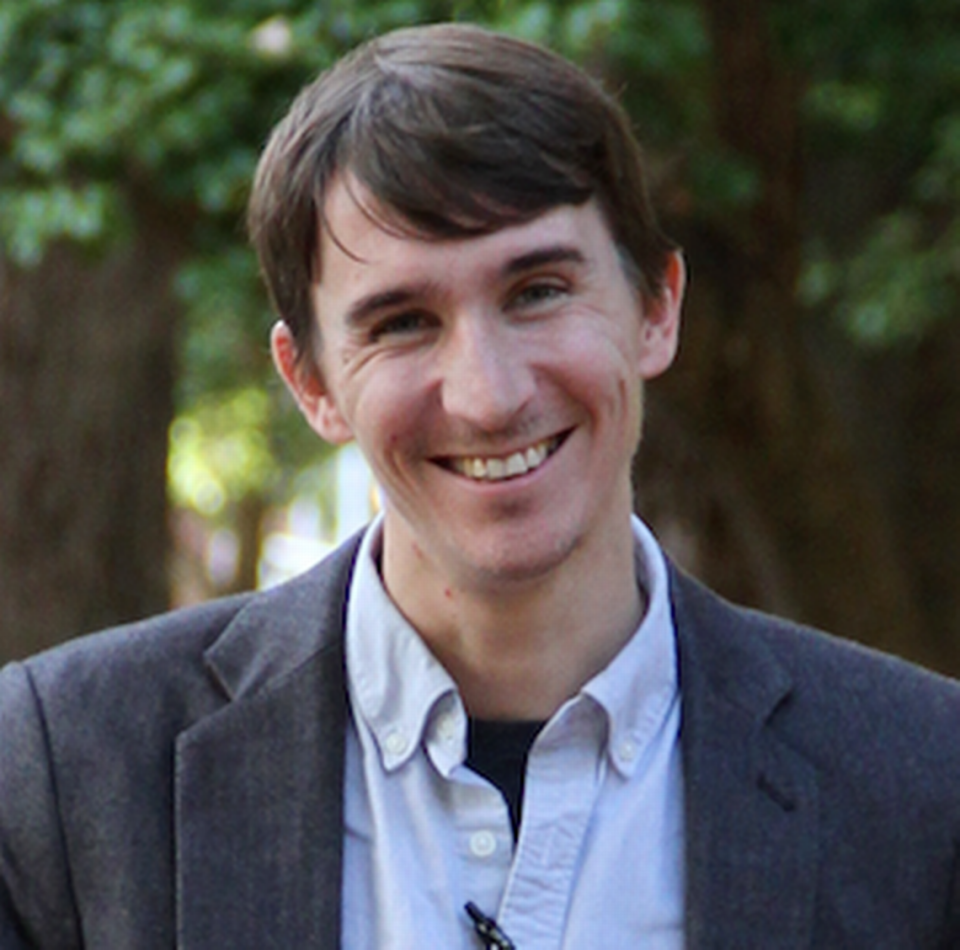By all means, demand action on Israel-Hamas war from Congress or Biden, just not the town board | Opinion
- Oops!Something went wrong.Please try again later.
Like most Americans, I’m a supporter of gay rights. I’m a supporter of gay marriage and all forms of legal equality.
As a father of three small children, I’m also a strong supporter of Chick-fil-A nuggets. Dependent on them, really. The kids are practically made out of fried chicken and waffle fries.
A few years ago, when there was a surge of outrage at the conservative politics of Chick-fil-A’s founding family, I mostly ignored it. I didn’t want to think about the political salience of kid’s meals, and I still don’t. I want to live in a country where fast food stays in the drive-thru lane and national politics doesn’t intrude into every quotidian corner of life.
The Chick-fil-A controversy was on my mind as I listened to the Chapel Hill Town Council decline to issue a ceasefire resolution over Israel’s war against Hamas. For months now, activists across the Triangle have been pressuring local governments to demand a halt to hostilities in Gaza, urging mayors and council members to speak out against the war.

The Chapel Hill council demurred. Not because they’re pro-Israel or anti-Palestine or indifferent to tragic violence and human suffering. They declined because they’re a town council, an institution with great influence over parking and zoning but extremely limited sway over global affairs.
“Resolutions are an important advocacy tool,” explained Mayor Jess Anderson, after listening patiently to impassioned public comments. “We choose the issues we weigh in on with great care. And as a matter of practice, we do not weigh in on things that are outside of our expertise and authority.”
Anderson’s wise restraint goes against the grain of American public life right now, where weighing in on matters beyond one’s expertise and authority is something of a sport. CEOs offer their thoughts on race relations, lifestyle influencers stake out positions on foreign policy, and lawmakers seem to spend more time commenting on news than they do governing.
Expressing sincerely held political views is great, but pressuring unrelated organizations to become partisan advocates is bad for civic life. I don’t need my neighbors to share my political views in order to be good neighbors, and I don’t need the businesses I patronize to share my social agenda in order to be decent enterprises.
Strong opinions are deeply American, but so is a high tolerance for pluralism and nonconformity.
At a UNC-Chapel Hill event last week, New York Times columnist Frank Bruni worried about how this pressure to take a stand is seeping into college life, making students feel they need a righteous view on every controversial topic that crosses their social media feed. He made a plea for intellectual humility, for confessing uncertainty or conflicted feelings in the face of difficult questions. “I want to popularize the phrase, ‘I don’t know,’” Bruni said. “’I’m still figuring it out.’”
That’s essentially what Anderson told the earnest and strident commenters at last week’s town meeting. “In this situation, where our community is deeply conflicted and the issues are very complex, a resolution is not what’s needed … It could add to the divide.”
That’s exactly what happens when reasonable people and nonpartisan organizations feel pressured to take a single, simplified position on a contentious issue — it adds to our sense of a divided country. We need more restraint on the part of leaders and public officials so that the institutions of our society can focus on their day-to-day work — parking and zoning are important — and the passion around national issues can find more effective outlets.
By all means, demand a ceasefire resolution from Congress or urge President Biden to stay the course in supporting Israel. But don’t drag your county commission, your Parent Teacher Association, or your favorite local nonprofit into a symbolic fight over something far outside their mission. They’ve got plenty to do already.
Community columnist Eric Johnson lives in Chapel Hill and works for the UNC System. The views expressed here are his own.

